The UK CCTV sector is in the middle of a transformation. Once seen simply as a deterrent to crime, CCTV is now a sophisticated tool that combines security, compliance, and operational efficiency. The UK CCTV evolution sees rapid growth in artificial intelligence (AI), cloud adoption, and new regulations, with businesses across the country are reassessing how surveillance systems can best protect people and assets.
For hotels and health clubs in particular, CCTV is no longer optional—it’s an essential component of guest and member safety, risk management, and customer confidence.
UK CCTV Market in Numbers
The market for surveillance in the UK is growing rapidly. In 2024, the UK surveillance camera industry generated an estimated £1.6 billion. By 2030, that figure is forecast to reach nearly £3 billion, with an impressive compound annual growth rate of 11.6%.
The wider video surveillance market tells a similar story. Currently valued at around £4.4 billion in 2025, it is expected to rise to almost £5.7 billion by 2030. Even more striking is the growth of the AI-powered CCTV market, which is set to expand from £340 million in 2024 to more than £1.1 billion by 2030—a growth rate of over 21% annually.
This growth is being driven by three key factors:
- The shift from analogue to IP-based, wireless, and cellular systems.
- The rollout of cloud-native platforms and subscription-based “Security as a Service” models.
- The introduction of AI-driven analytics, allowing cameras to detect unusual behaviour, count people, and trigger real-time alerts.
For hotels and health clubs, these innovations mean surveillance systems can deliver far more than just recorded footage—they can actively enhance customer experience while keeping premises safe.
Regulation and Ethics: A Shifting Landscape
While technology evolves at pace, regulation is racing to catch up.
London councils alone spent £30.4 million on CCTV during 2023–24, with much of this funding directed towards smart cameras capable of detecting loitering and aggressive behaviour. These investments demonstrate how public authorities see AI-driven surveillance as a key tool in tackling urban crime.
However, concerns remain about privacy. The Ada Lovelace Institute has called for tighter controls around facial recognition, noting that nearly 5 million people were scanned in 2024, leading to more than 600 arrests. The Institute has urged the government to establish a dedicated regulator to oversee the use of biometric technologies.
At the same time, ministers have confirmed that all Chinese-made surveillance equipment must be removed from sensitive UK sites by April 2025, underlining growing concerns around security and data integrity.
For businesses in hospitality, these developments highlight the importance of working with trusted UK suppliers and ensuring that systems are fully compliant with UK data protection and privacy rules.
CCTV Use Cases in Hotels
Hotels have long been a target for theft, fraud, and unauthorised access, making CCTV a vital part of security strategy. But modern systems do much more than deter crime.
- Lobby and entrance monitoring: Cameras provide visibility over arrivals and departures, helping staff manage guest flow and respond quickly to any incidents.
- Public areas such as corridors, reception, and car parks: Surveillance reduces vandalism, prevents liability claims, and improves overall guest safety.
- Smart integration: With AI, cameras can now link to building systems, automatically flagging maintenance issues, identifying unattended luggage, or detecting unauthorised access during restricted hours.
By investing in intelligent surveillance, hotels can protect guests while also creating a smoother, safer environment.
CCTV Use Cases in Health Clubs
Health clubs and gyms face a different set of challenges. Members want to feel secure, particularly when leaving belongings unattended in lockers or training late at night. At the same time, operators must ensure safety across facilities such as pools, saunas, and training zones.
- Entrances and receptions: Surveillance helps verify member identities and reduces theft at entry points.
- Locker rooms and changing areas: While cameras cannot be placed inside private areas, they can be strategically located at access points to deter misconduct.
- Gym floors and poolside areas: Modern cameras can detect accidents—such as slips or falls—and provide video evidence to support rapid intervention by staff.
These use cases show how CCTV can reduce risk, protect members, and support a professional reputation for safety and care.
Best Practice for Hospitality Venues
For hotels and health clubs, CCTV deployment must always balance safety with privacy. Best practice includes:
- Compliance: Following UK GDPR and ICO guidelines for data handling.
- Camera placement: Covering only public areas and avoiding intrusion into private zones.
- Transparency: Displaying signage, limiting retention periods, and defining who can access footage.
Working with a trusted security partner ensures not only compliance, but also the long-term effectiveness of the system.
Conclusion
The UK CCTV sector is entering a new era—one defined by AI intelligence, cloud flexibility, and evolving regulation. For hotels and health clubs, the message is clear: a modern CCTV system is no longer a luxury but a necessity, delivering protection, reassurance, and operational efficiency.
At ACS Safety & Security Ltd, we help businesses implement CCTV solutions that meet the highest standards of safety, compliance, and performance. Whether you are a hotelier looking to improve guest security or a health club manager focused on member safety, we provide systems designed for today—and ready for tomorrow.

